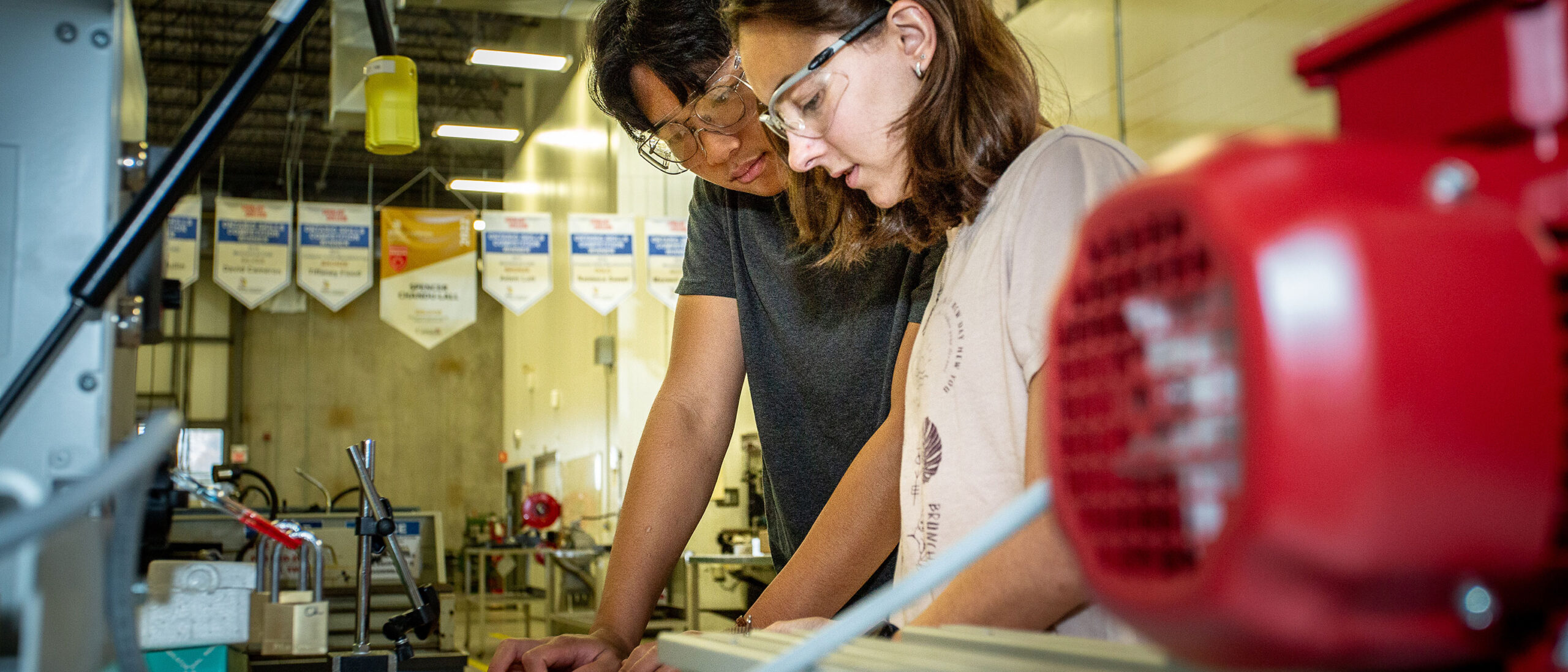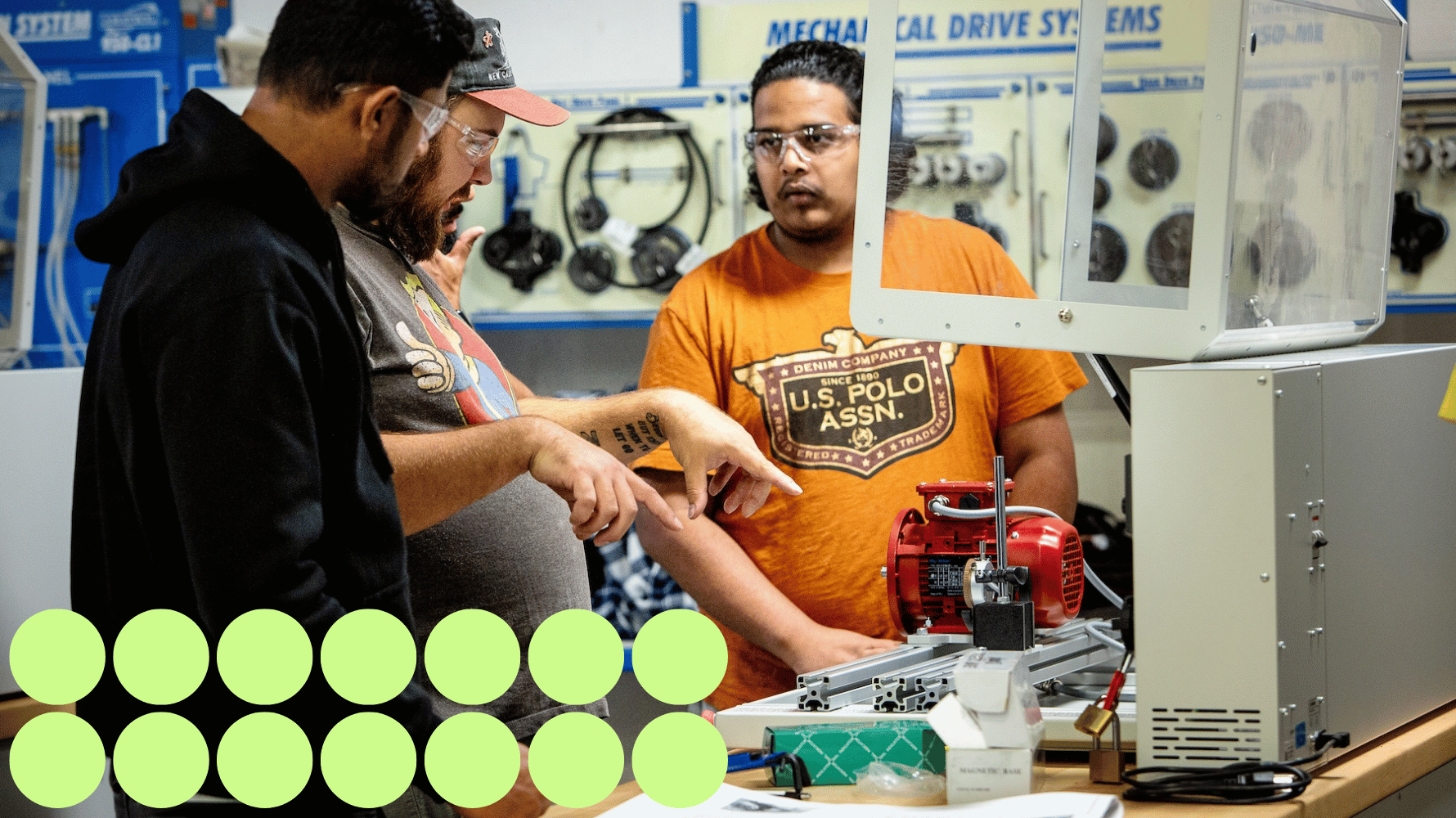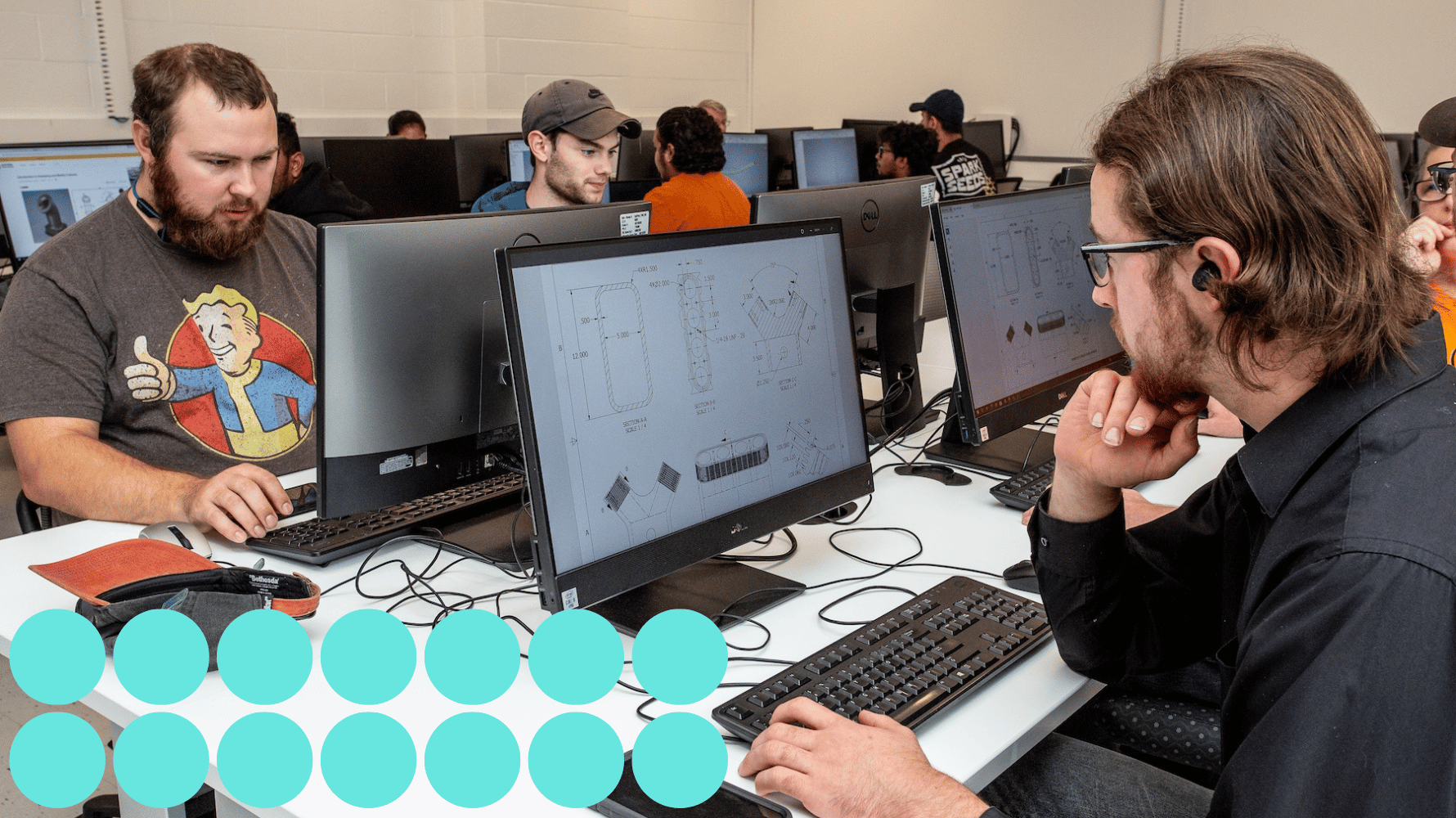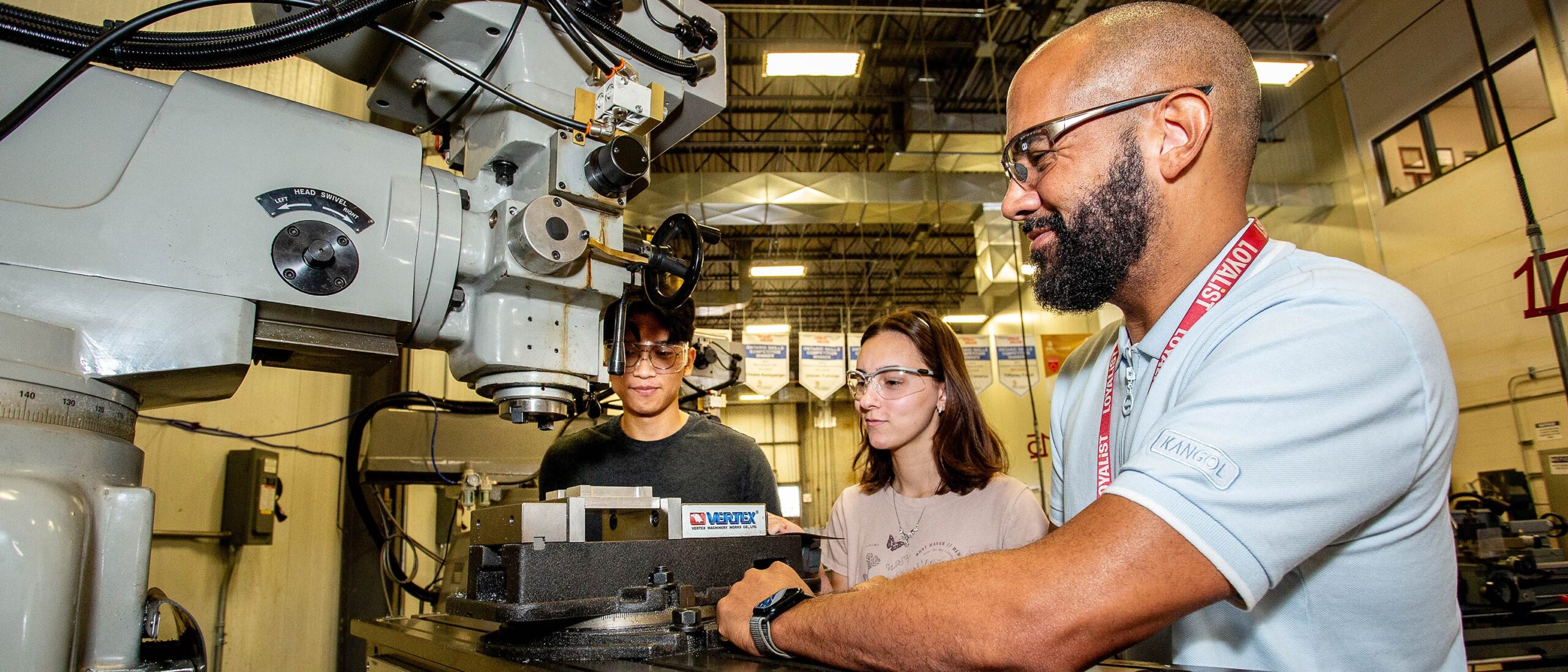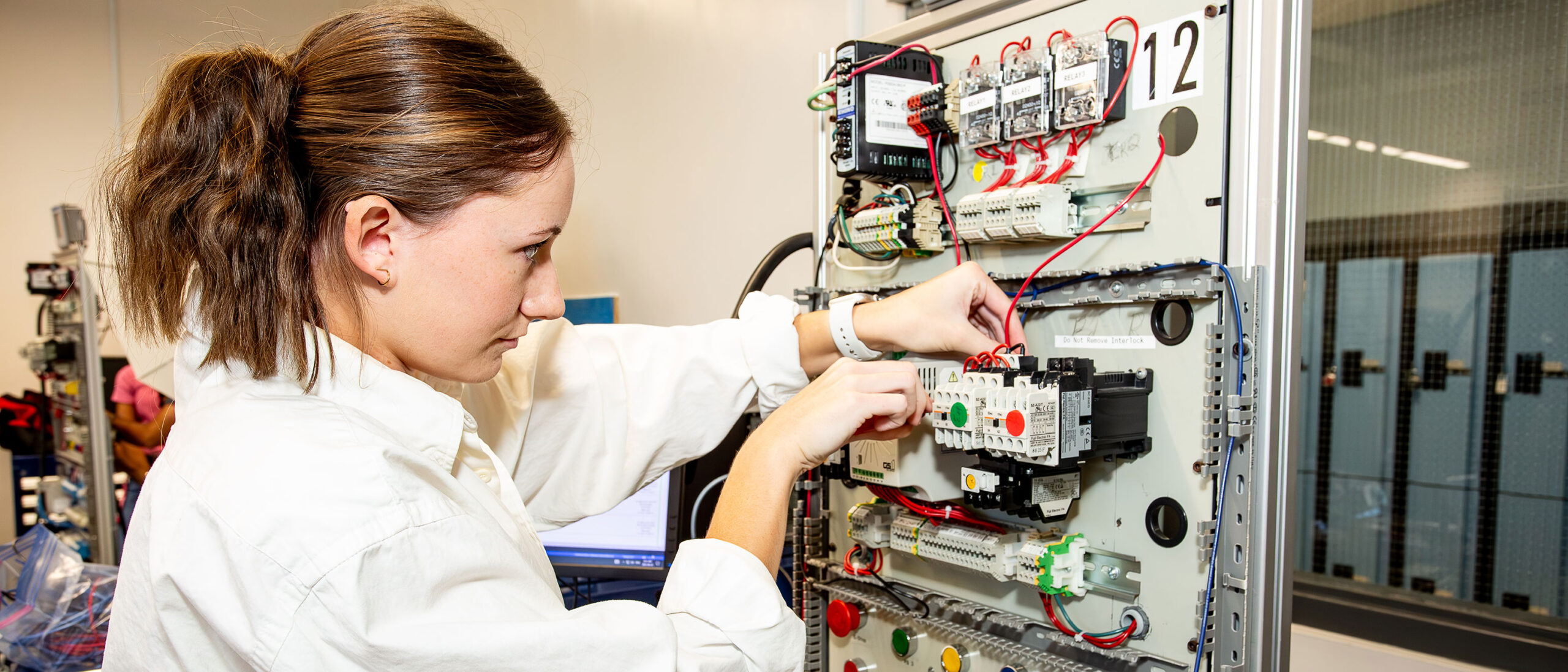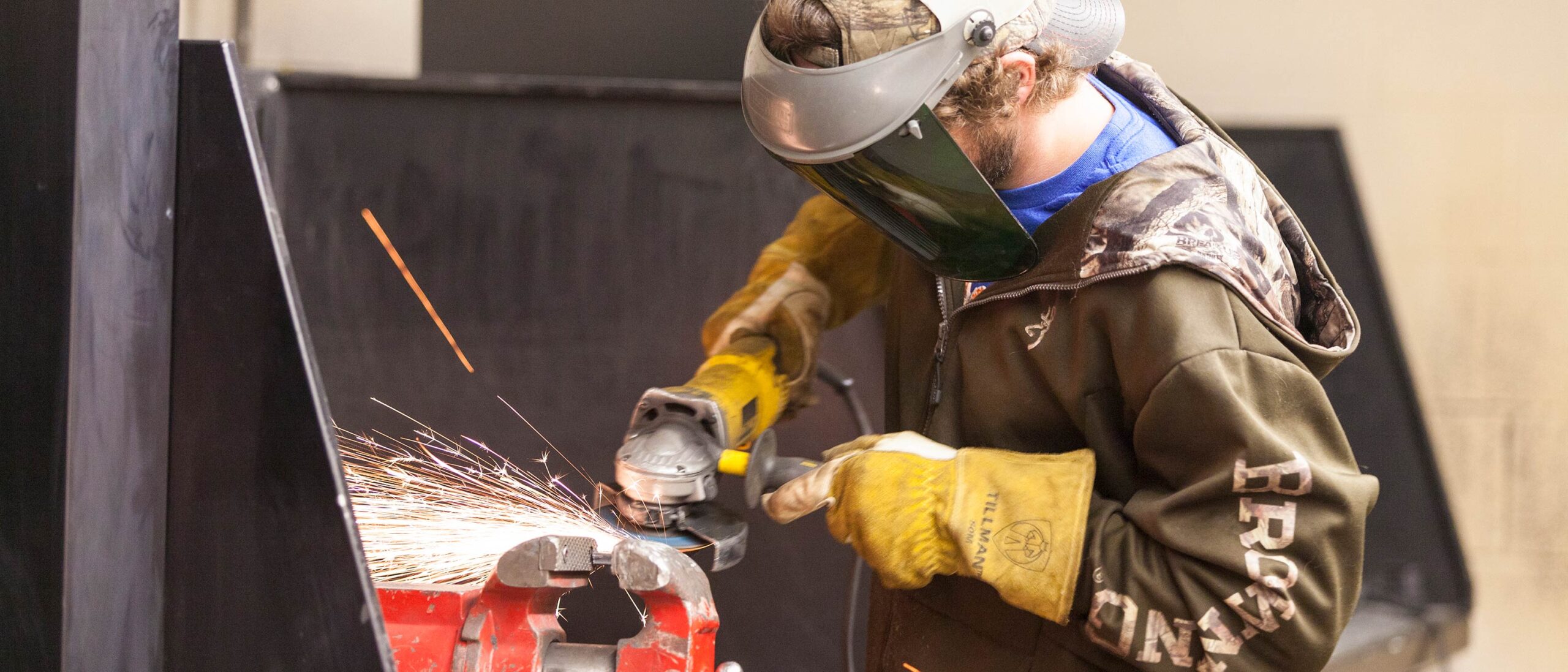Find your career
Prepare for a wide array of career opportunities within advanced manufacturing and various other sectors:
- Potential roles include positions in drafting and design, quality control, production supervision, and maintenance of production equipment.
- With skills applicable to both large and small organizations, graduates can find employment in sectors such as automotive, aerospace, consumer goods, and many other manufacturing environments.
- Graduates may also start their own businesses and become entrepreneurs.
Our grads get great jobs
- Project Manager, Research Castings International
- Owner, FDF Race Shop
- Sprinkler Fitter Technician, Onyx
- Field Fabrication Specialist, Atomic Energy of Canada Ltd.
- Machinist, Billet Precision Ltd.
- Engineering Technician, Beclawat Manufacturing Inc.
- Lab Technician, Magna
- Robotics Technician, Magna
- CNC Operator, Transformix Engineering Inc.
- Quality Control, St. Lawrence Cement Inc.
- General Machinist, The Machining Center
Is it for you?
A career in manufacturing is well suited to people who:
- Like to design and create
- Want to know how things work
- Enjoy working with their hands or repairing anything mechanical or electrical
- Would like a career where they can have a real impact on business

My program has prepared me by providing me knowledge about the industry. With my placement I have gained experience with new things.
Jagjit, Manufacturing Engineering Technician

